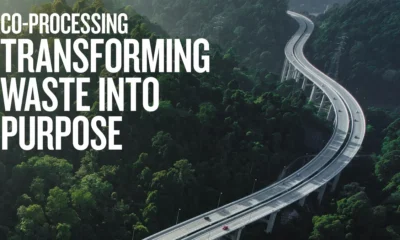

Joint statement seeks policy support for sustainable waste management
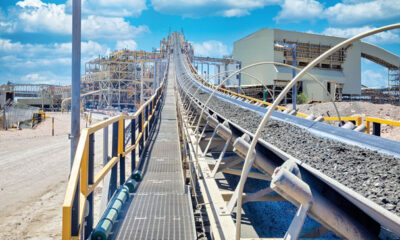

In a two-part series, Consultant and Advisor Shreesh A Khadilkar, discusses how advanced additive formulations allow for customised, high-performance and niche cements. Cement additives are chemicals...
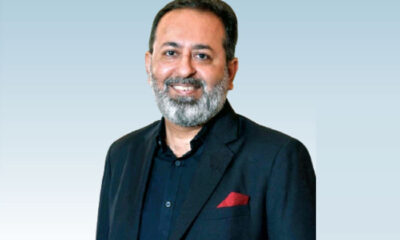

Rahul Mistry, Vertical Sales Head, Hitachi Hi-Rel, suggests combining indigenous manufacturing, high-reliability medium-voltage drives, and IoT-enabled digitalisation to move towards lower-carbon operations. As the cement industry...
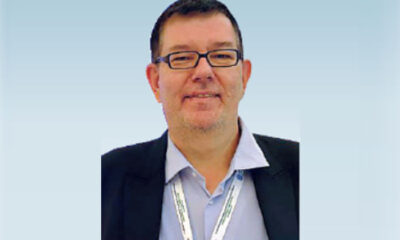

Hans-Jürgen Scholz, Founder and CEO, AdoCem® Products, explores activating performance enhancers as a strategic lever that goes far beyond grinding efficiency and redefining cement economics through...
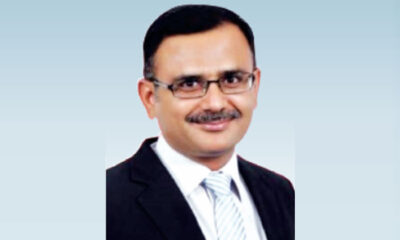

AR Madhusudan, President and Local Division Manager, Drive Products, ABB India, outlines how locally manufactured, energy-efficient drives are reshaping India’s industrial future. As India accelerates its...
Don't miss out on valuable insights and opportunities to connect with like minded professionals.
This will close in 0 seconds